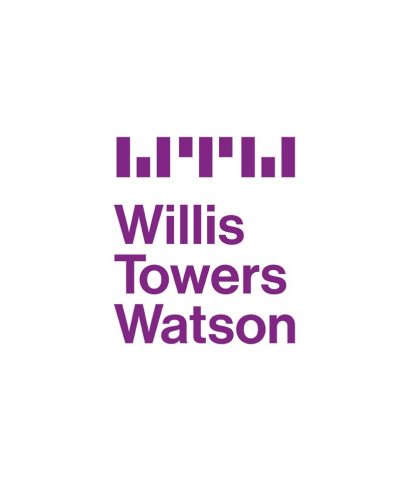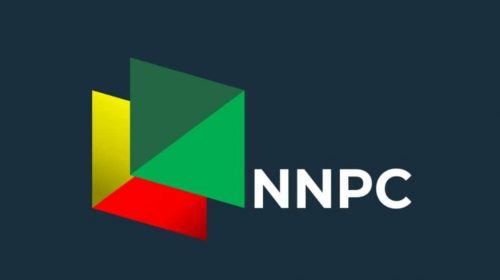IFRS 17 to cost global insurance industry as much as $20bn: WTW

By Luke Gallin — The implementation of IFRS 17, the International Financial Reporting Standard that was issued by the International Accounting Standards Board, is estimated to cost the global insurance industry as much as $20 billion, according to a survey by Willis Towers Watson (WTW).
The global insurance and reinsurance broker recently polled 312 carriers from 50 countries ahead of the January 1st, 2023 IFRS 17 effective date.
While estimated costs vary significantly by insurer size, the overall global industry estimate of the cumulative cost of delivering IFRS 17 is $15 billion to $20 billion.
Additionally, WTW’s survey finds that the average programme cost for the largest 24 multinationals stands at between $175 million to $200 million each, and $20 million for the remaining 288 insurance companies.
Kamran Foroughi, Global IFRS 17 Advisory Leader at WTW, commented: “This is an extraordinary figure that will naturally lead to many questions from Boards and investors.
“For many, significant improvements will also be required in business processes and finance operations to deliver IFRS 17 efficiently and link with other metrics. With smart investment and the right people, an insurer’s IFRS 17 programme has the potential to help deliver long-term annual savings to show against the daunting up-front costs.”
According to WTW, results from the survey also show that issues relating to people, data, systems, and processes are among the main challenges for carriers as they look to successfully implement IFRS 17.
Other findings from the comprehensive IFRS 17 survey include:
Over 10,000 Full Time Equivalent employees will be required to deliver IFRS 17. This presents major challenges for insurers’ recruitment and retention strategies, both within and beyond their IFRS 17 programmes.Only 52% of survey respondents believe that IFRS 17 earnings / equity will be slightly or much more helpful than current GAAP earnings / equity, and 54% believe that the need for non-GAAP reporting will either slightly or significantly increase.Only 6% of companies in 2020 had a good understanding of the business implications of IFRS 17 – this has now improved to 17%. Insurers believe that the impact on a majority of KPIs is likely to be small. KPIs which are believed to be affected are related to measuring profit, new business and return on capital/equity.Large multinationals have made more progress on a scale from 0 to 5 (average: 3.5) than the remaining insurers (average: 2.6), with progress highest in EMEA (average: 2.9) and lowest in APAC (average: 2.4). Nevertheless, much work remains and companies need to consider how best to ensure benefits of the IFRS 17 programme.
“Strong doubts evidently remain about whether IFRS 17 will lead to a more useful metric than current GAAP/IFRS standards. This is particularly true in more mature markets, where we do not see an improved KPI benefit commensurate with the costs, and insurers are actively planning new supplementary reporting to help explain business performance,” said Foroughi.
“If insurers are to unlock value from IFRS 17 they should be aiming for significant business process improvements including automation, efficiency and auditability ‘out of the box’. This will save time and money, allowing experts to be deployed on higher value tasks and enabling insurers’ reporting functions to do more, faster and with less. Regulation can be a spur to drive performance, if the conditions are right.”
As highlighted by the broker, clear progress has been made in areas such as data and IT workstreams, since WTW’s survey back in June 2020. Although, WTW’s most recent survey also shows that not enough progress has been made in dry runs, disclosures and automation






Leave a Reply